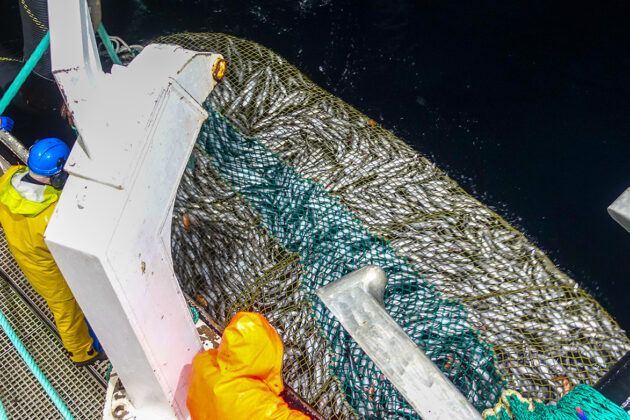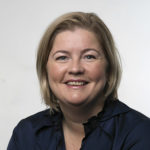Conducting research into ethical fishing

In a newly launched project, scientists intend to find out how wild fish can be caught as gently as possible to safeguard fish welfare, good quality and financial gain.
“Even though we in Norway have been fishing and hunting since pre-historical times, we still have lots to learn about what happens to the fish during the catch. We intend to find out more about this now,” says project manager Geir Sogn-Grundvåg at Nofima.
Cod landed at coastal fisheries will be studied with the help of experimental fishing, experimental studies, quality measurements and financial models. Researchers will pay particular attention to whether any correlations exist between the way in which the fish are caught and the quality obtained, and also whether there is any correlation between gentler fishing methods and the price obtained by the fishermen.
“We know that consumers want sustainable food from animals that have been well-treated. We are now starting to document the condition of the fish when they are caught using different fishing equipment, and how this affects quality and price. This is a topic that impacts fishermen, the fish processing industry, sales organisations, authorities and consumers,” says Sogn-Grundvåg.
Various types of fishing gear
The researchers will study the use of longline and gillnets as this relates to the conditions of the fish after varying periods of time. They will also study how the fish are affected by different fishing conditions using Danish seine. A fishery simulator – a kind of swim tunnel for fish, with different currents that simulate common fishing conditions – will document various aspects of the fishes’ welfare. The catching process is stressful to fish, but do different types of stress affect the fish differently?
Fish from experimental fishing, the simulator and commercial fisheries will be compared by means of a number of quality measurements. The measurements will be made using traditional methods and spectroscopy (light measurements), where the fish undergo advanced radioscopy to detect signs of changes to the quality.
Ethical fishery
The ethical aspect of the fishing methods will be common to all parts of the project. What does it actually mean to perform coastal fishing in an ethically responsible manner? Does it involve properly managing stocks of wild fish or handling the fish so they do not suffer unnecessarily? And what about the pricing of the fish – why doesn’t good quality always fetch a higher price?
“The project team has expertise in fields as diverse as marine biology, technology, social sciences and philosophy. This is an unusual but exciting combination of expert knowledge. We are excited about what these multidisciplinary perspectives on a proud Norwegian tradition will produce in the way of new knowledge and debate,” says Silje Kristoffersen, who is a senior scientist and plays a key role in the project.
Nofima is leading the project, which is being carried out in cooperation with the Norwegian Veterinary Institute and the Artic University of Norway (Tromsø). The three-year research project is funded by the Research Council of Norway.

